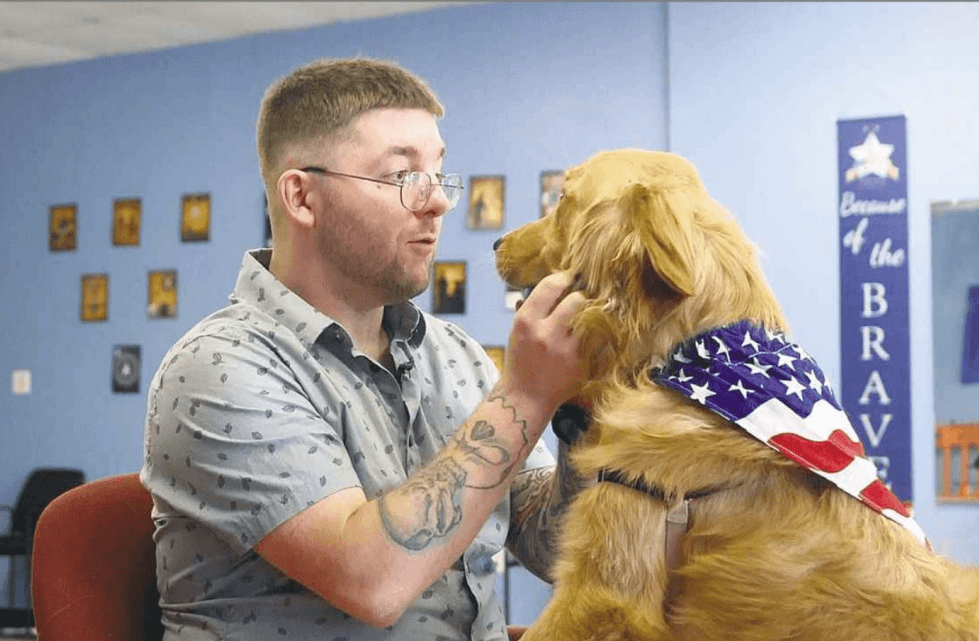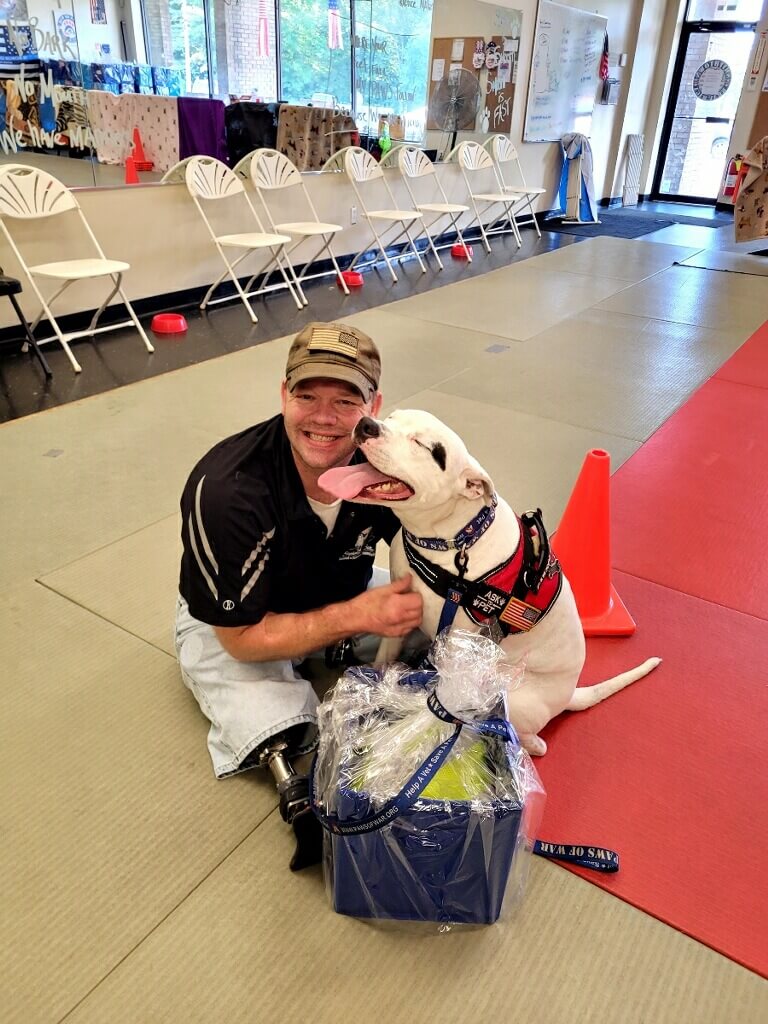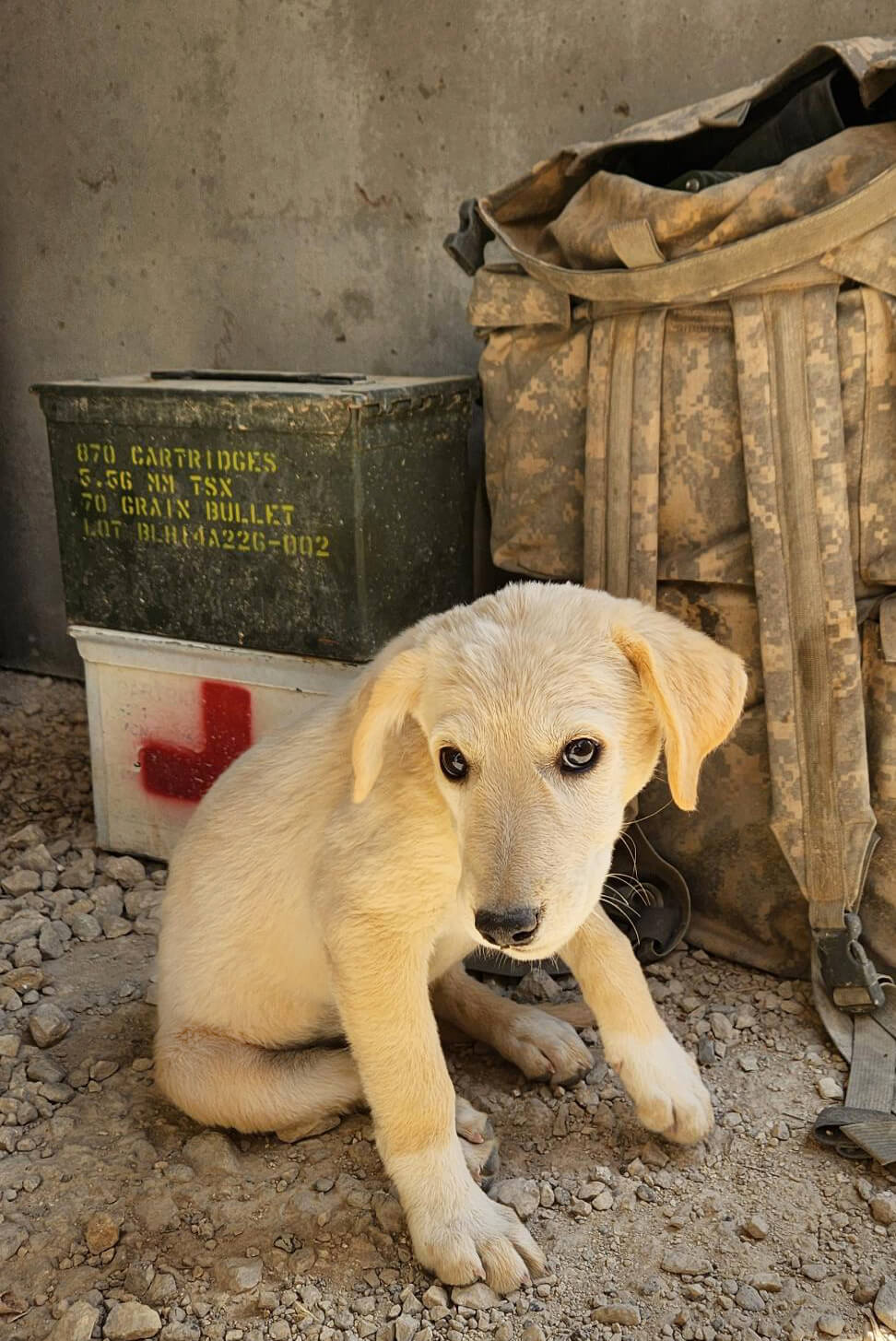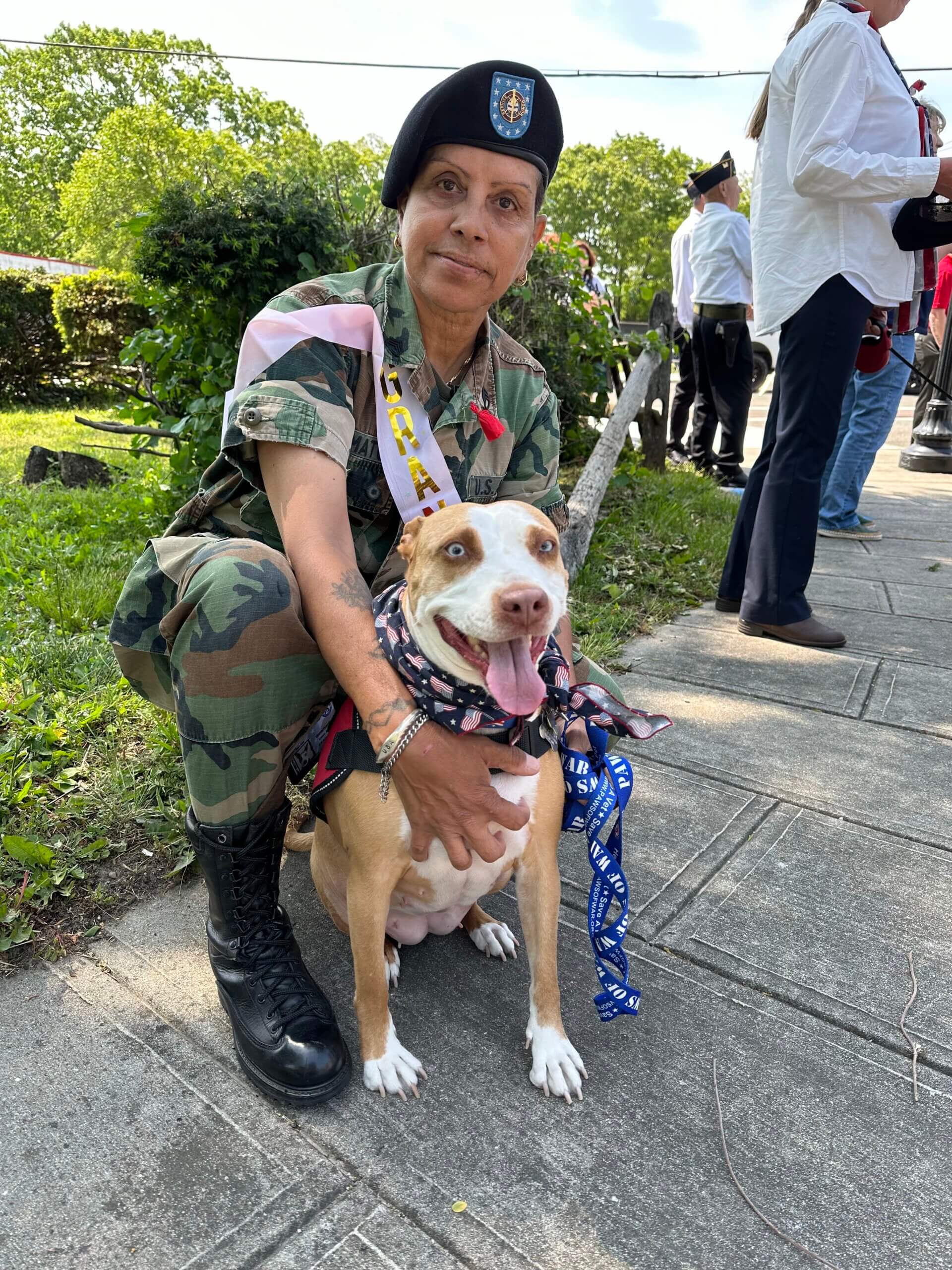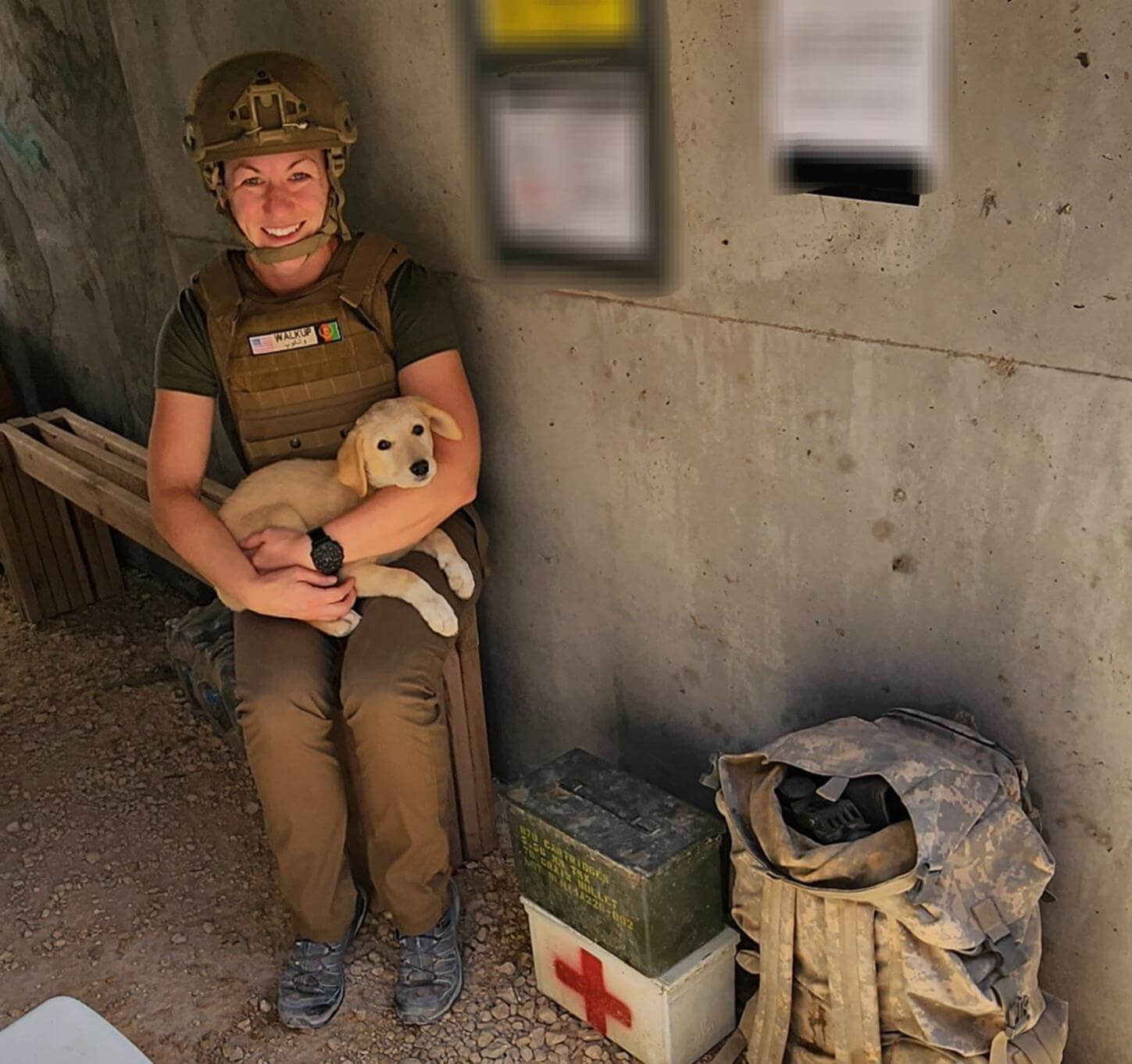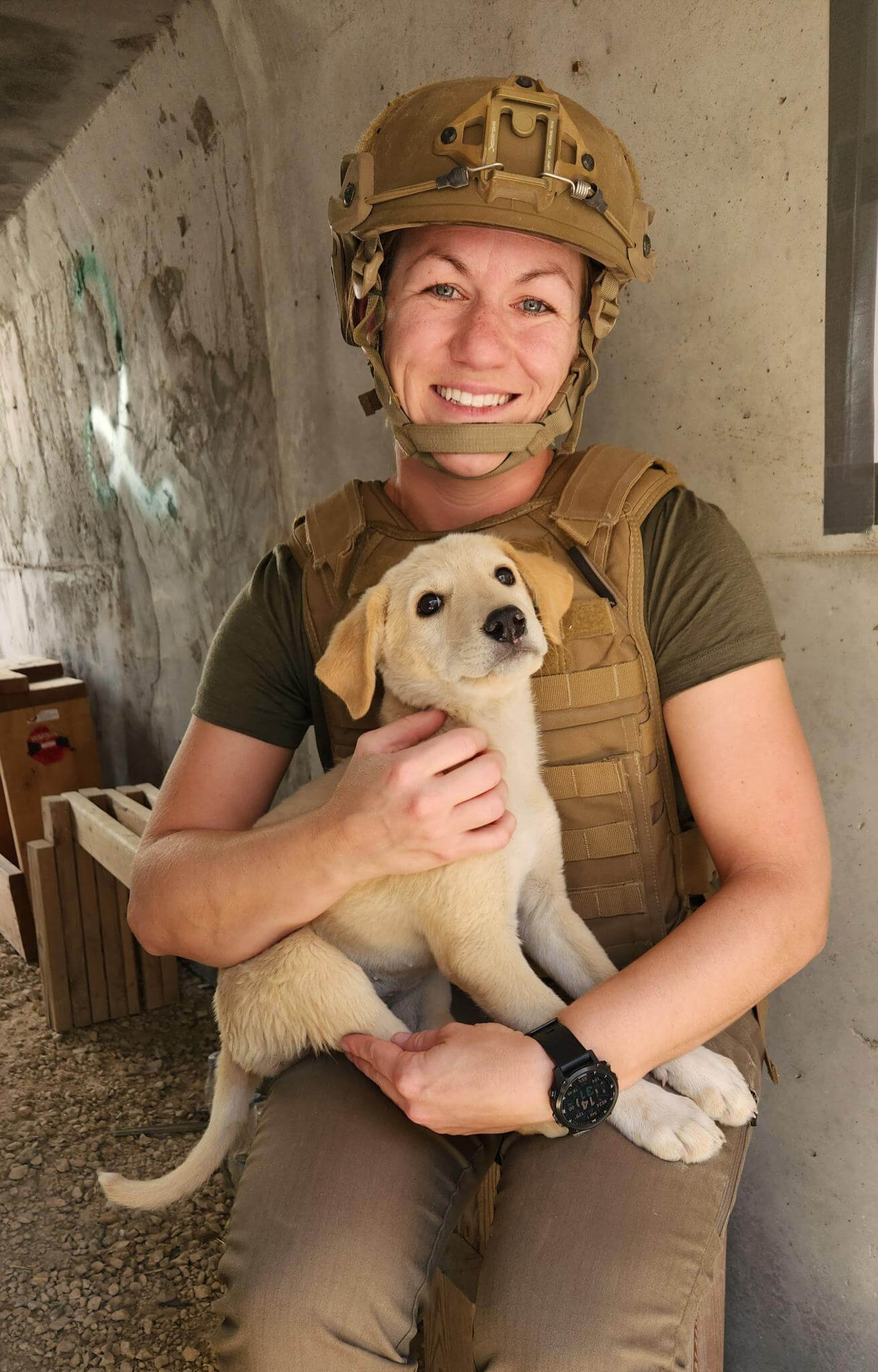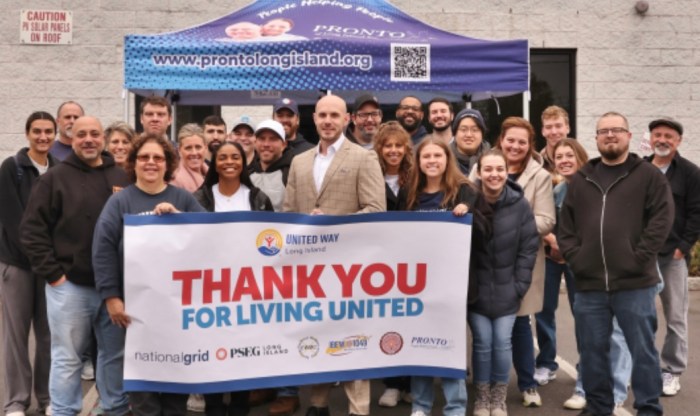Men and women of the U.S. military see lots of awful things during deployments in war-torn countries, including mistreated or abandoned animals. Often, members of the military rescue these abused animals and shelter them on their base.
Having dogs and cats on the base builds morale, gives troops a feeling of being back home and takes their minds off of the horrific things they witness daily, notes Robert Misseri, founder of Paws of War, a Long Island-based organization that reunites these animals with the service members when they return home. “It really is soothing and therapeutic, there’s no question.”
Since its founding in 2014, Paws of War has brought more than 600 dogs and cats rescued by troops overseas to safety in the U.S.
DARING RESCUES; JOYFUL REUNIONS
Paws of War has multiple programs today saving animals and providing services to veterans, and first responders alike. However, Misseri started the organization with two missions in mind: one, to bring dogs back from overseas for active military and two, to rescue dogs from high-kill animal shelters and place them with veterans as service dogs.
“Wherever we have active military members stationed anywhere in the world, ifthey rescue a cat or dog while on deployment and they need to get that animal to America, they call us,” Misseri says. “We reunite those animals back here stateside.”
The animals come to Paws of War’s Nesconset headquarters.
“Ultimately, they make their way to the active military family’s home,” Misseri says.
The rescuers built a bond with the animals, but are faced with leaving them behind when their deployments are over. Because the soldier is not allowed to leave the base or go out of their assigned areas, they cannot play a role in getting this animal out and to America. That is why Paws of War must be able to have access and resources on the ground in other countries to make it all possible.
“They’ve lived every day with this animal. They fed this animal and, in most instances, brought this animal back to health. The last thing they want to do is leave this animal behind,” says Misseri, adding that many people in these parts of the world are very unkind to animals.
That’s where Paws of War — one of the few organizations in the entire world that does this — comes in.
Derek, an Iraqi War veteran, recently went to Africa, Jordan and Iraq to bring dogs and cats stateside for active military. In other instances, Paws of War utilizes animal-loving assets they’ve developed in those countries to assist.
“Ninety-eight percent of the time we have our resources and assets on the ground,” Misseri says.
In nearly all instances there are delicate and dangerous elements surrounding these rescue missions.
PLACING SERVICE DOGS WITH VETERANS, FIRST RESPONDERS
Separate from its mission to bring animals back to the states for service people, Paws of War rescues dogs from puppy mills and high-kill shelters around the United States and places them as companions and/or service dogs for some of the 80,000 veterans and 100,000 first responders on Long Island.
Working with a team of certified professional trainers, mostly at the Nesconset facility, Paws of War puts dogs through a thorough training regime that changes and saves the lives of veterans and first responders. Rob Weisberg, a Long Island first responder, credits Paws of War for changing and saving his life. Weisberg has continued to raise awareness through his own missions; one of them most recently entailed walking the Appalachian Trail over the course of five months for Paws of War.
Long Island Army veteran John Wallace is another member who makes it very clear that his service dog, Tommy, who came from Paws of War, has saved his life. Some of the members of John’s unit took their lives after returning home from Afghanistan. Ironically, before Paws of War was established, Wallace had a rescue dog in Afghanistan. Unfortunately, he had no way to bring him home. This left a hole in Wallace’s heart and added to his post-traumatic stress disorder, (PTSD), never knowing and always wondering what became of the dog.
The shocking truth is an average of 22 veterans a day take their lives.
Misseri realized the unquestionable value, importance and effectiveness of service dogs and added rescuing dogs in this country as part of the organization’s mission: to save animals and people alike, helping both ends of the leash.WAYS YOU CAN HELP
A nonprofit 501(c)(3) organization, Paws of War is solely funded through donations. The only way they can help support more veterans on Long Island is to continue to bring awareness to the programs and services Paws of War has to offer.
Paws of War is always looking for opportunities to collaborate with neighboring organizations, individual donors, and local corporations that can continue to grow their levels of support.
Helping people to recognize the magnitude of Paws of War’s reach and the impact they have on the lives of both people and animals is essential, and is what will keep saving the lives of our heroes.
To contribute or learn more about Paws of War, call: 631-406-6595 or visit pawsofwar.org




